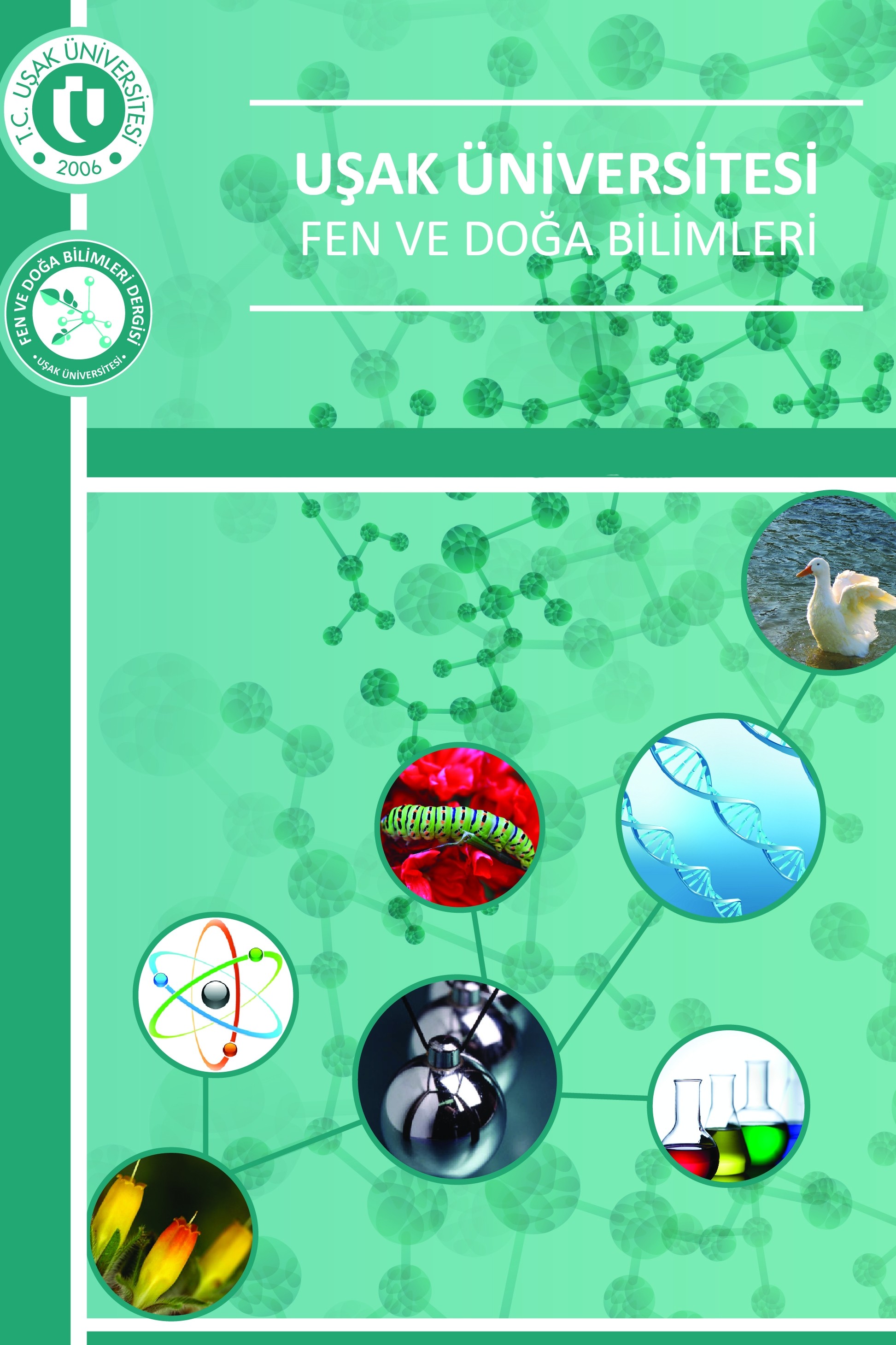2010 – 2018 AVRUPA YEŞİL BAŞKENTLERİ
Kentsel yaşam kalitesine vurgu yapan ve çevreci yönüyle öne çıkan “yeşil başkent ödülü” ve bu ödülü elde eden kentler Türkiye’de yeterince tanınmamakta olup, bu konuda ülkemizde çok az sayıda araştırma yapılmıştır. Sınırlı sayıdaki mevcut çalışmaların da birçoğu monografik özellik göstermektedir. Dolayısıyla, bugüne kadar Avrupa Yeşil Başkenti olmaya hak kazanan kentlerin tamamını kapsayan bütüncül bir çalışma henüz ulusal literatürümüze girmemiştir. Böyle bir eksiklikten hareketle, bu makalede yeşil başkent kavramının ve bütün Avrupa Yeşil Başkentlerinin öne çıkan yönleriyle incelenmesi amaçlanmıştır. Bu amaç doğrultusunda, öncelikle kavramsal çerçeve ortaya konulmuş, ardından 2010-2018 yılları arasında Avrupa Yeşil Başkenti olarak seçilen Stokholm, Hamburg, Vitoria-Gasteiz, Nantes, Kopenhag, Bristol, Ljubljana, Essen, Nijmegen kentleri incelenmiş ve 2019 yılının aday kentleri sıralanmıştır. Çalışmada literatür ve belge tarama yöntemi kullanılmış olup, tüm açıklamalar yeşil başkent kavramının ulaşım, enerji, altyapı, doğa koruma, kentsel arazi kullanımı gibi farklı boyutlarını konu alan resim, harita, grafik gibi imajlarla görselleştirilerek güçlendirilmiştir. Yapılan inceleme “yeşil başkent” markasının bu unvanı taşıyan kentlere ekolojik, ekonomik, kültürel olmak üzere önemli faydalar sağladığını ve yeşil başkent konseptinin interdisipliner bir araştırma ve değerlendirme alanı olduğunu göstermiştir. Çalışma, bugüne kadar yeşil başkent seçilen kentlerin geniş yeşil alanlar barındıran bir arazi kullanım kompozisyonuna sahip olduğunu, ulaşımda toplu taşımaya ve bisiklet kullanımına önem verdiğini, temiz hava ve su gibi çevre kalitelerinin yüksek olduğunu, doğal alanların korunmasına, temiz enerji kaynaklarının kullanımına ve sürdürülebilir kentsel gelişmeye önem verdiğini ve çağdaş altyapı tesislerine sahip olduğunu da göstermiştir.
Anahtar Kelimeler:
Yeşil Başkent, kentsel yaşam kalitesi, şehir markalama, Avrupa Birliği
“Green capital award", which emphasizes the quality of urban life and which stands out with environmentalism, and the cities that obtain this award are not well known in Turkey. Yet very few studies have been conducted to date. Further, this limited existing literature is generally composed of monographic studies. Consequently, a holistic study covering all of the European Green Capitals has not yet entered the national literature. Because of such a deficiency, it was aimed to examine the concept of the green capital and all the European Green Capitals with their prominent characteristics. For this purpose, firstly a conceptual framework was put forward and then the cities of Stockholm, Hamburg, Vitoria-Gasteiz, Nantes, Copenhagen, Bristol, Ljubljana, Essen and Nijmegen - European Green Capitals between 2010 and 2018 - were examined and candidate cities of the year 2019 were listed. In the study, literature and documentary review method was used and all explanations were visualized and strengthened with images such as pictures, maps and graphics associated with different aspects of the green capital concept such as transportation, energy, infrastructure, nature conservation and urban land use. The study revealed that the "green capitals" brand provided significant benefits to the winning cities as ecological, economic and cultural, and that the green capital concept is an interdisciplinary research and evaluation area. The study also put forward that the cities selected as European Green Capital had a land use composition with large green areas, that they attached importance to public transport and bicycle use, that their environmental qualities such as clean air and water were high, that they paid attention to conservation of natural areas, use of clean energy resources and sustainable urban development, and that they had contemporary infrastructure facilities
Keywords:
Green Capital, quality of urban life, city branding, European Union,
- Başlangıç: 2017
- Yayıncı: Uşak Üniversitesi
Sayıdaki Diğer Makaleler
İşyeri Çalışma Ortamı Koşullarının Ergonomik Yönden İncelenmesi (Örnek: Şekerleme Firması)
Fatma ÇETİNKAYA, Gamze BAYKENT
2010 – 2018 AVRUPA YEŞİL BAŞKENTLERİ
Tıp Tarihinde Fitoterapi ve Paeonia (Bocur,Şakayık, İtecik Lalesi) Bitkisine Genel bir Bakış
Ayşe ÖZDEMİR, Dudu BAYRAKTAR DÖNER
SIGNIFICANCE OF OPHTHALMIC OPTICS IN OPTICIANRY EDUCATION AT TURKEY
